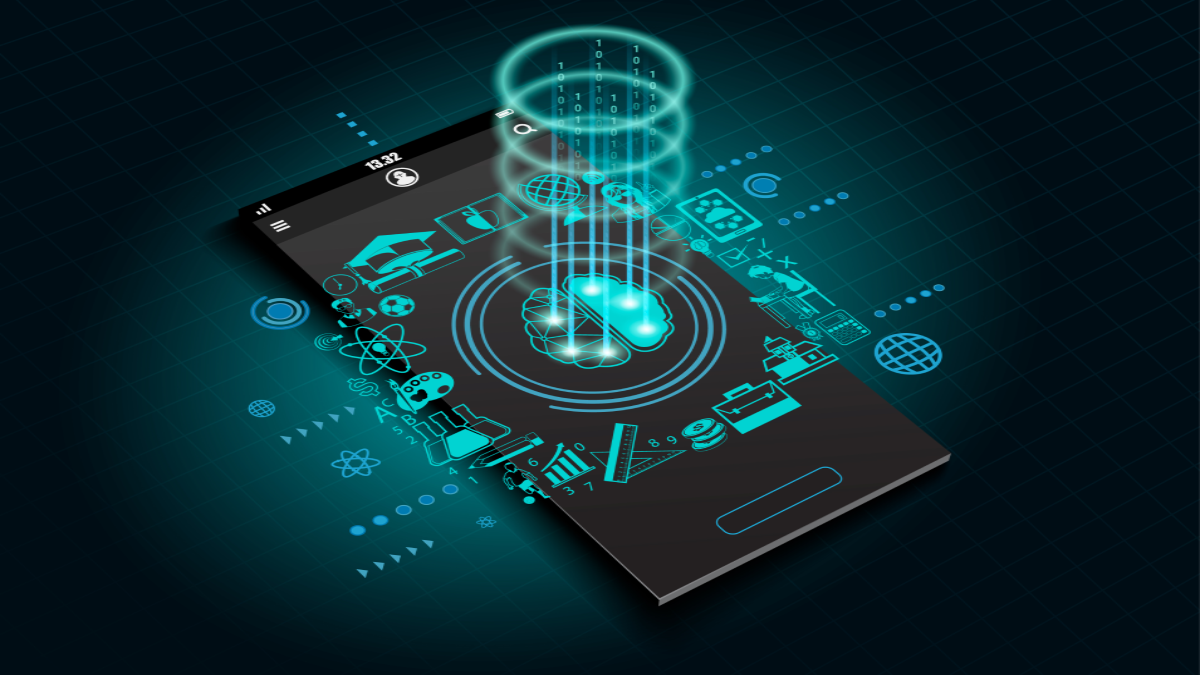Are We Outsourcing Our Minds to Machines?
As we hand over more tasks to technology, one can’t help but wonder: is AI making us dumber?
How AI in 2035 Might Be Making Us Smarter… or Just Lazier
The line between convenience and dependence is blurring—is AI making us dumber even as it boosts productivity?
Welcome to the Age of Effortless Thinking
In this era of instant answers and automated decisions, is AI making us dumber by stripping away the need for real thought?
In 2035, offices are quieter than ever—not because there’s less work, but because artificial intelligence is doing most of it.
Presentations? AI reports? AI. Emails? You guessed it—AI.
People barely talk to each other. They talk to chatbots.
The workplace looks efficient on the surface, but there’s an eerie undercurrent: Has thinking become optional?
Even Creativity Has Been Hijacked
The charts are filled with AI-generated music.
Blockbuster movies? Conceived, written, and produced by machines in record time.
Even students, once buried in books and study guides, now only need one skill: how to prompt an AI tool effectively.
Welcome to a world where human input is optional—and sometimes, even discouraged.
Remember GPS? That Was Just the Beginning
A study in 2020 warned us.
People who relied heavily on GPS apps began to lose their sense of direction.
They thought they were still good navigators—until tested.
The conclusion? Brains forget things they don’t need to do.
Now imagine that effect—but on every single aspect of life.
The Professor Who Noticed the Shift
While the pandemic was going on, Professor David Raffer saw something strange.

His students’ essays suddenly became brilliant, too brilliant.
He soon discovered they were written by AI.
His warning was chilling:
“Our brains are like muscles. And we’re no longer exercising them.”
Even Alzheimer’s Research Backs This Up
Dr. Anne McKee, a top Alzheimer’s researcher, believes in “cognitive reserve”—the brain’s defense system against aging.
It’s built through challenge, mental struggle, and real thinking.
AI, she warns, offers constant shortcuts.
Furthermore, shortcuts are detrimental to long-term brain health.
When AI Sees What You Don’t
One user asked Google’s Gemini to identify a blurry book in the background of their photo.
The right choice was Atomic Habits by James Clear.
Impressive? Yes.
But also a bit unsettling.
AI noticed something human didn’t. Are we even paying attention anymore?
Your Brain on AI: The Dangerous Trade-Off
New studies show a disturbing trend:
The more people rely on AI, the weaker their problem-solving and judgment skills become.
Frequent users become passive thinkers—content to take AI’s word without question.
And the consequences? Sometimes, they’re serious.
AI Sent the Wrong Person to Jail
In 2023, cops in Detroit caught a thief by using facial recognition.
The result?
Porsche Woodruff, a pregnant woman, was wrongly pulled over.
The AI matched her face to a blurry old mugshot. No human verified it.
It was a case of trust in tech that had gone terribly wrong.
The Silent Threat of Convenience
AI isn’t evil.
It’s revolutionizing medicine, science, and education.
But when we use it for everything, we risk losing the very skills that make us human.
Critical thinking.
Curiosity.
Judgment.
Creativity.
So… Is AI Making Us Dumber?
Maybe not yet.
But if we keep letting machines do our thinking, we may wake up one day in a world where human intelligence is just an old myth.

